Population and Social Characteristics
Globalization Has Hurt These Countries More Than It Helped
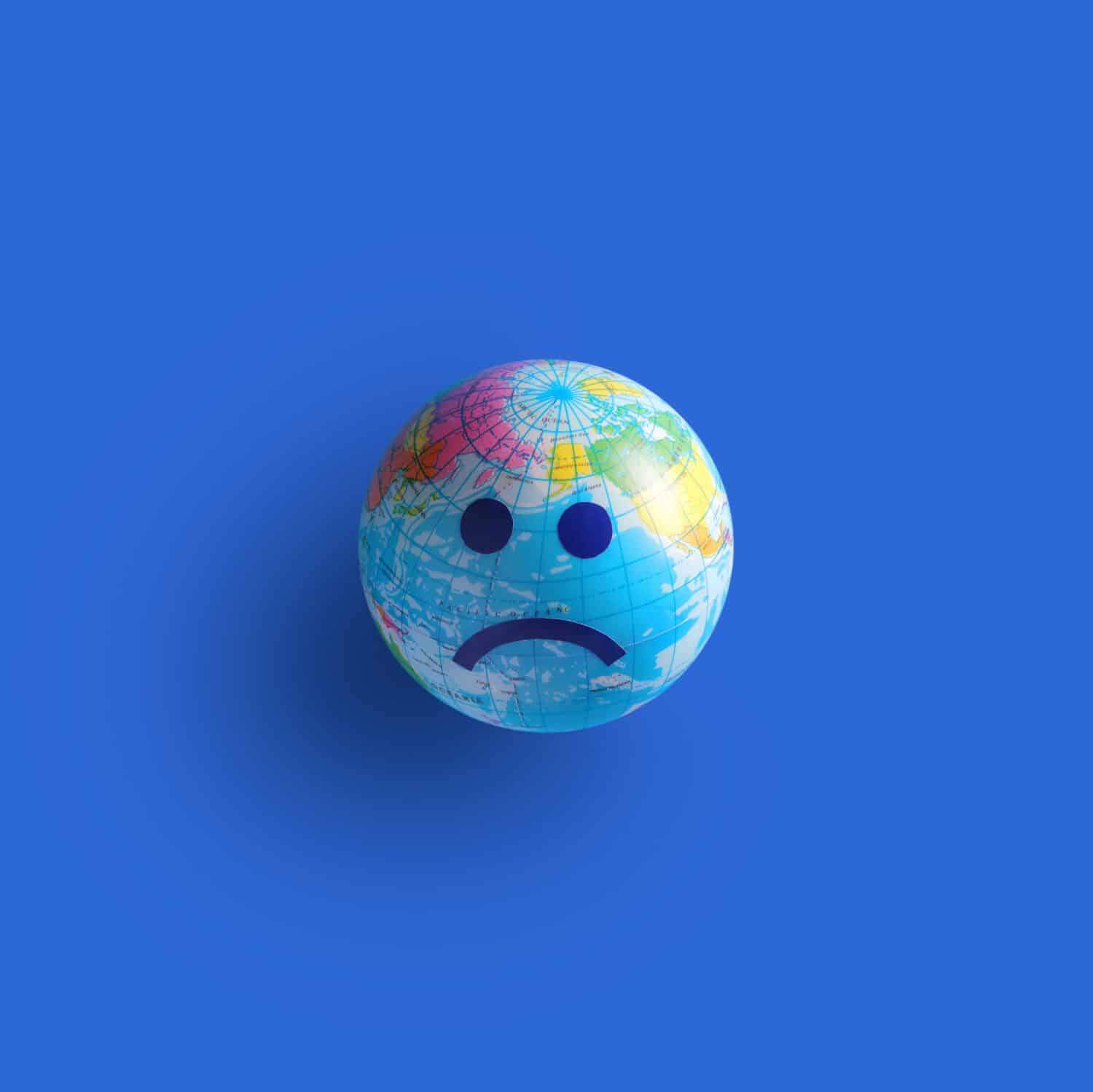
Published:

On the surface, globalization promises to bring great improvements to the world, like economic growth, standardization, and better communication and transportation links to make us truly into a “global village.” But it also has its dark side in economic exploitation and the destruction of local businesses and indigenous cultures. We’re looking at some case studies of areas where globalization has hurt some countries more than it has helped.
24/7 Wall St. Insights

Globalization is the process of countries becoming increasingly connected culturally, economically, and politically. We can see evidence of it in every country, including the United States, in the presence of foreign entertainment, foods, immigration, religions, commercial goods, and interference by foreign countries in elections and other political processes.

Many different factors have come together at this point in history to promote globalization. New technology for communication and modern transportation and shipping methods have made cultural contact and trade easier. Many countries have liberalized and standardized their trade practices. Global problems like climate change have forced the world’s countries to cooperate to try to find mutually-beneficial solutions.

Some of the benefits of globalization are an increase in trade and economic growth, a dynamic sharing of ideas and cultural traditions around the world, improved living standards, and the rapid dissemination of technology. Over time, these benefits have the potential to lessen economic inequality and raise the development level of countries that previously have been isolated from the opportunities of the world economy.
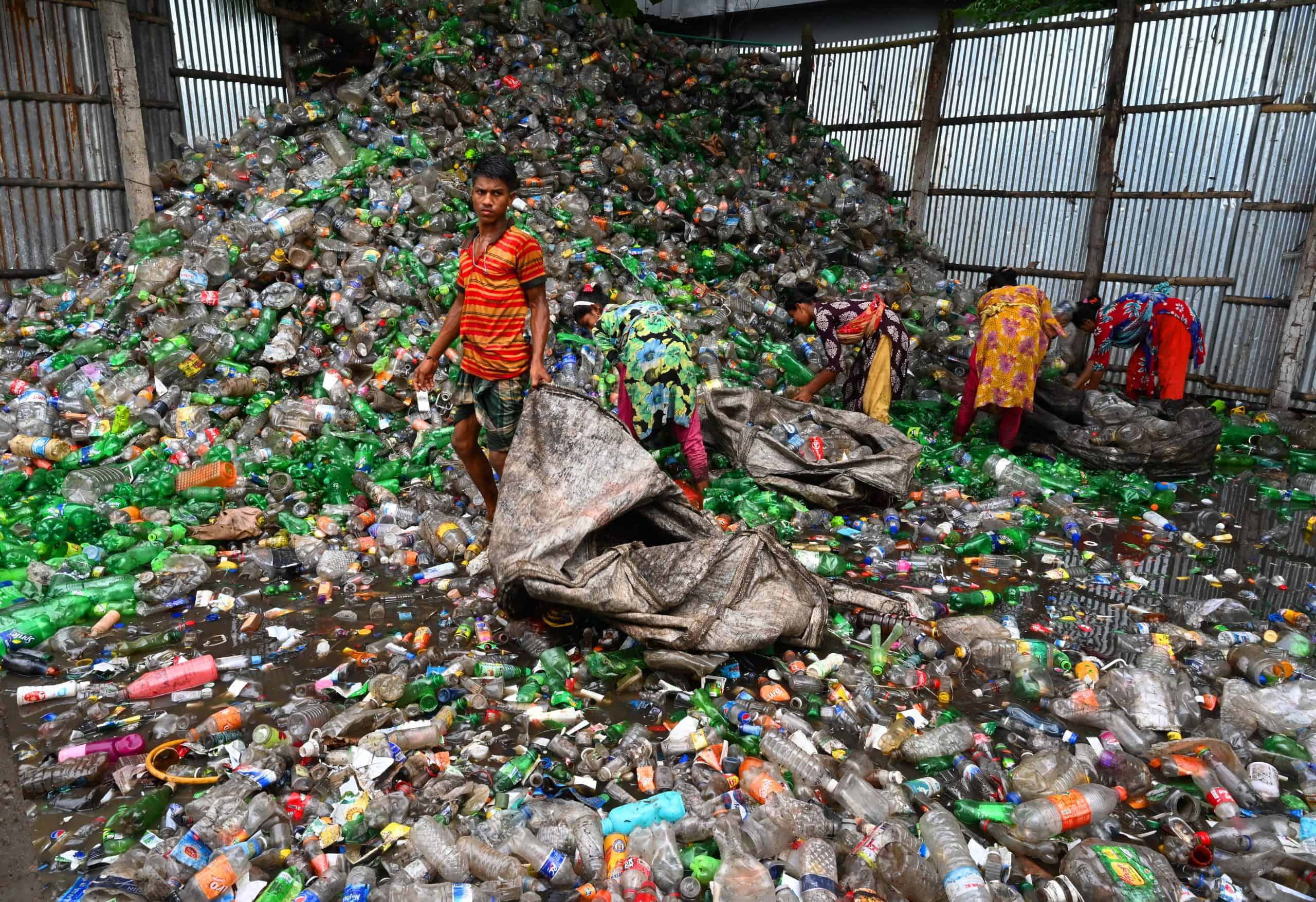
Globalization creates some jobs, but takes others away by substituting technology or by moving jobs to countries with cheaper labor costs and laxer labor laws. Some companies also prefer to locate overseas to evade environmental regulations. Globalization can contribute to poor worker conditions, environmental abuses, and over-consumption by promoting unnecessary products and a wasteful consumer lifestyle as we have in the West.

Those who oppose globalization have been accused of hypocrisy. They romanticize cultures where people live without as many modern conveniences as we have and want to keep them unchanged, while themselves enjoying the benefits of groceries delivered to their door, air conditioning, driving a car, and getting effective medical care when they need it. Denying people access to the same choices as we enjoy seems patronizing at best.

Dubai is an example of supreme materialistic excess, no doubt, but it has managed to maintain a thoroughly Arab and Islamic culture while still welcoming the world and all it has to offer. It illustrates the fact that globalization doesn’t have to result in eradication of a culture, but instead a reimagining of that culture with technology and international elements fused into it in a complementary way.
Next up, countries that have been hard-hit by globalization:
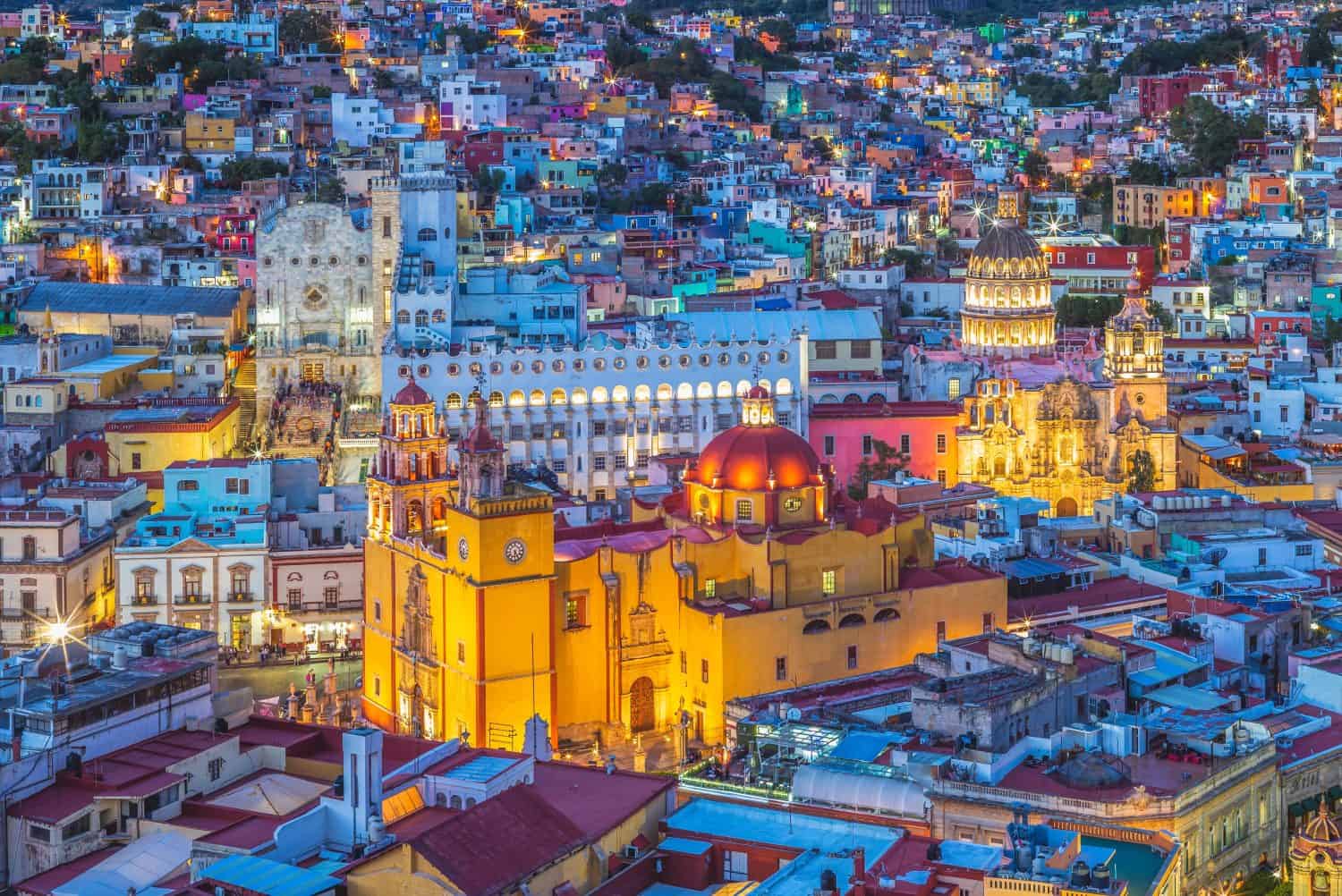
Mexico entered a free trade agreement with the United States and Canada that overall boosted the economies of all three countries. It had a big effect on Mexican society, though. For example, local farmers could not compete with some of the crops imported from the United States. As a result, many people left the rural areas for the already overcrowded cities to look for work. Demand for drugs in the United States has also fueled the growth of violent drug cartels in Mexico.

Now the world’s most populous country, India struggles to raise the living standards of its poorest people. Multinational corporations have taken business away from indigenous workers and contributed to a decline in traditional craftsmanship. The government has banned many foreign religious organizations from working in India out of fear that Hinduism will lose its place as the primary religion shaping the culture.

People in the United States and other countries have tried to help Haiti for years, but these efforts have sometimes hurt more than they helped. Foreign charity workers have found Haiti to be an inexpensive place close to home to take groups of Americans to do various humanitarian and religious activities. The influx of people and financial resources has created a culture of dependency, however. Meanwhile cheap American rice imports and donated foodstuffs have contributed to a collapse of the country’s agriculture sector.

Because the Philippines has so many English speakers, it has become a popular place to locate call centers for marketing, technical support, and 24-hour customer service lines. Salaries are much lower than they are in the United States, but higher than these workers might receive locally. Thus, they draw in educated people who could make other more valuable contributions to their country in other market areas, but are attracted to the higher pay for a job that is beneath their skill set.

Ghana’s involvement in the world market has led to an increase in growing export crops, like cocoa and coffee. As fewer people and less farmland are devoted to raising food, it weakens food security and makes the country vulnerable to international market fluctuations.

Bangladesh’s economy has benefited economically form the growth of the textile industry. Cloth and clothing manufacturing have moved there from other parts of the world to take advantage of the enormous unskilled labor market there. The rapidity and scale of production, however, have created unsafe working conditions in many factories and environmental damage from the waste products of the industry.
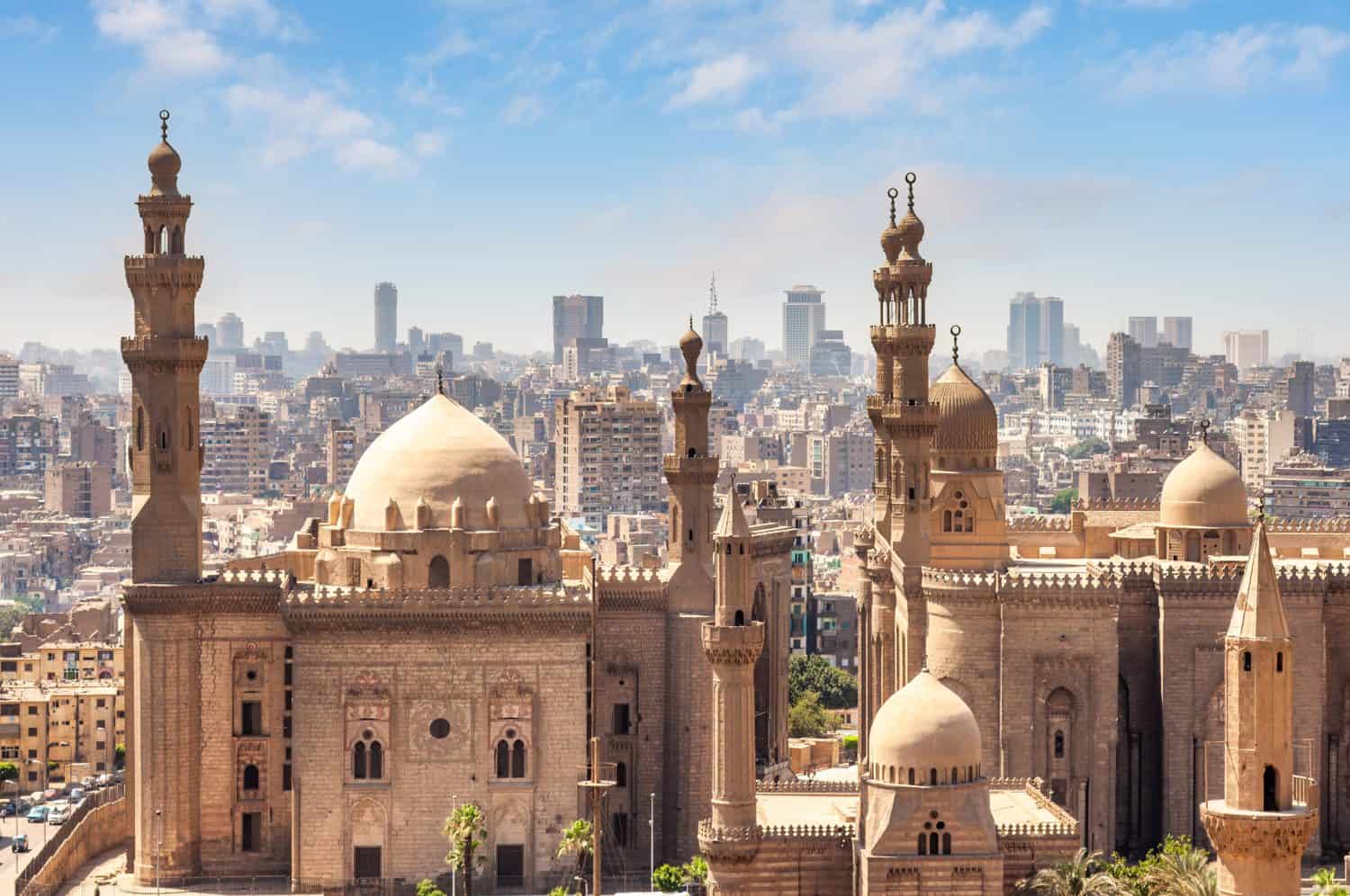
Urged on by foreign investors and governments, Egypt has moved toward liberalizing its economy and becoming more integrated into the global economy. It is also in the midst of designing and building a new administrative capital outside Cairo that is likely not the most effective way to spend funds to benefit the Egyptian people. Egypt has experienced significant social unrest and a backlash against globalization by traditional Islamic elements of the populace.

Post-apartheid, foreign investment that was formerly divested has flowed back into South Africa. Much of it has been concentrated in the cities and benefits people who were already doing well in the country, including the white population. In some parts of rural South Africa, traditional practices of communal land ownership have been disrupted with privatization schemes that have displaced local people from their ancestral land.
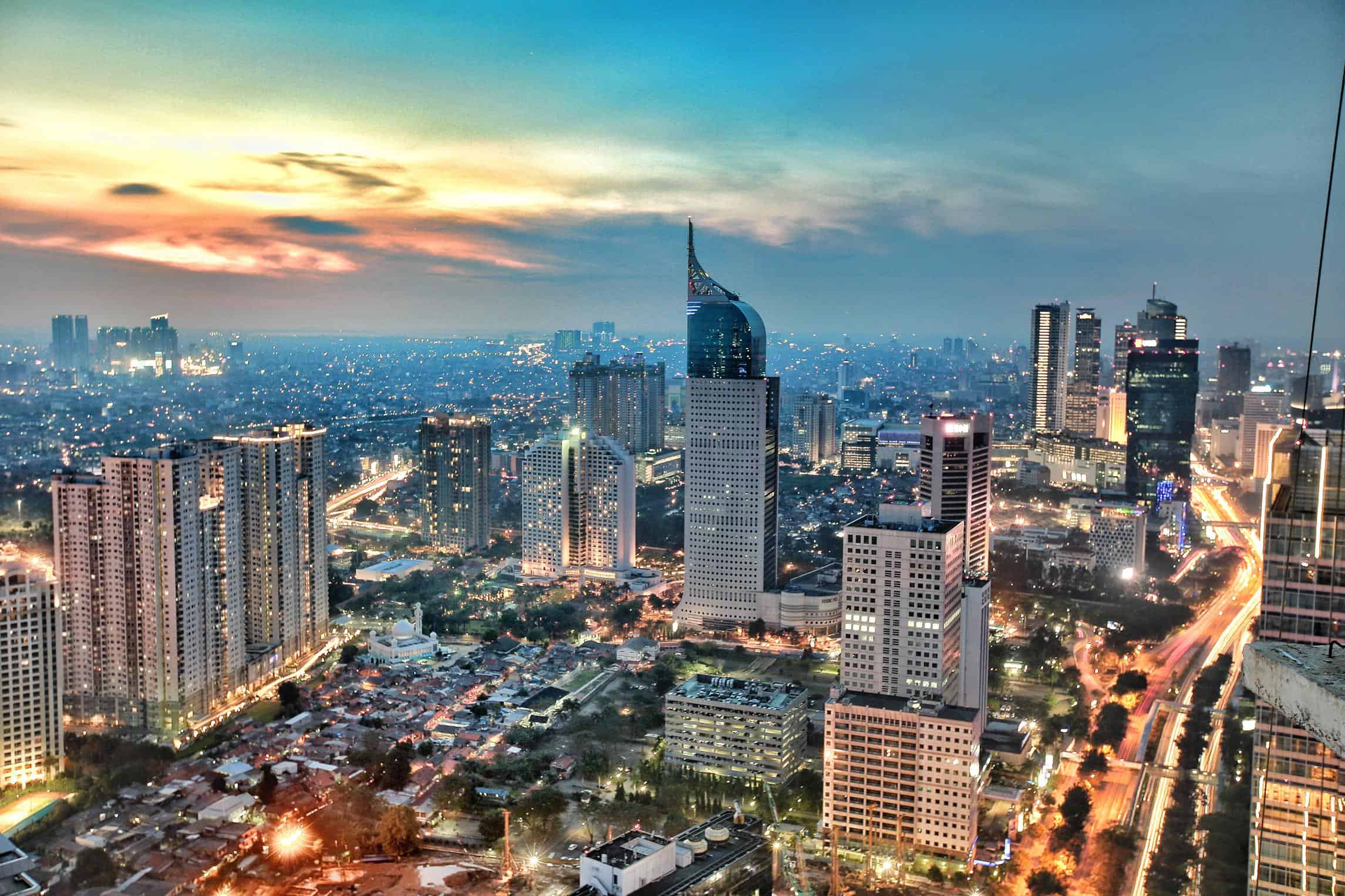
An economic shift in Indonesia related to globalization is the expansion of palm oil production to meet global demand. This has contributed to massive deforestation and displaced local communities of people to set up industrial-scale plantations. It has also threatened biodiversity in one of the world’s most important and unique ecosystems.
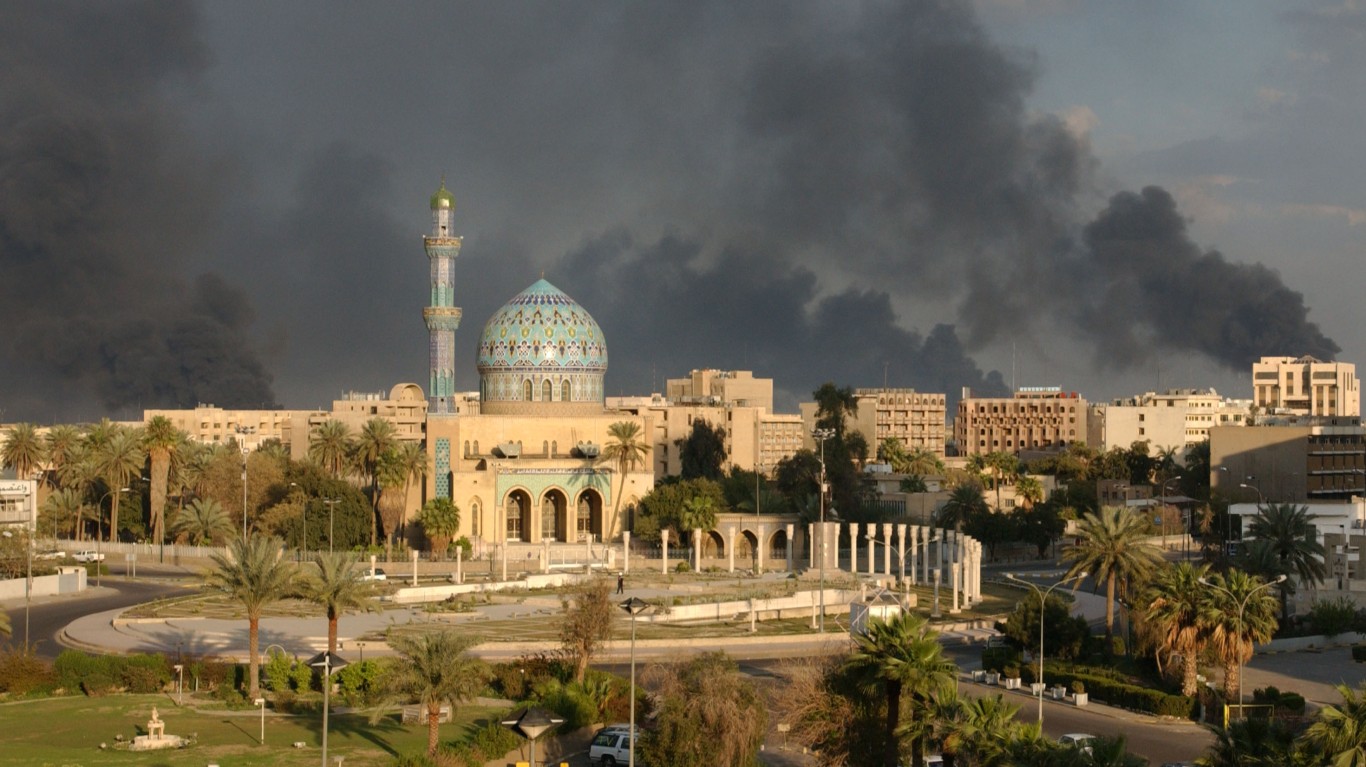
Foreign military intervention in Iraq is one of the biggest ways globalization has impacted the country. Although the international community removed a dangerous and abusive dictator, they were unable to secure the country afterward under a stable government. Instead, years of civil war and terrorism have killed hundreds of thousands of people.

Greece is part of the European Union, one of the institutions that has thrived during globalization and promoted it across the continent. Greece went through a severe economic crisis and had to accept terms from the EU of a financial bailout that included sharp cuts in public spending. This caused unemployment to spike and widespread social discontent. While this program may have been necessary to stabilize the country’s finances in the long run, the depth and speed of the austerity measures may not have been in the best interests of the Greek people and their government.
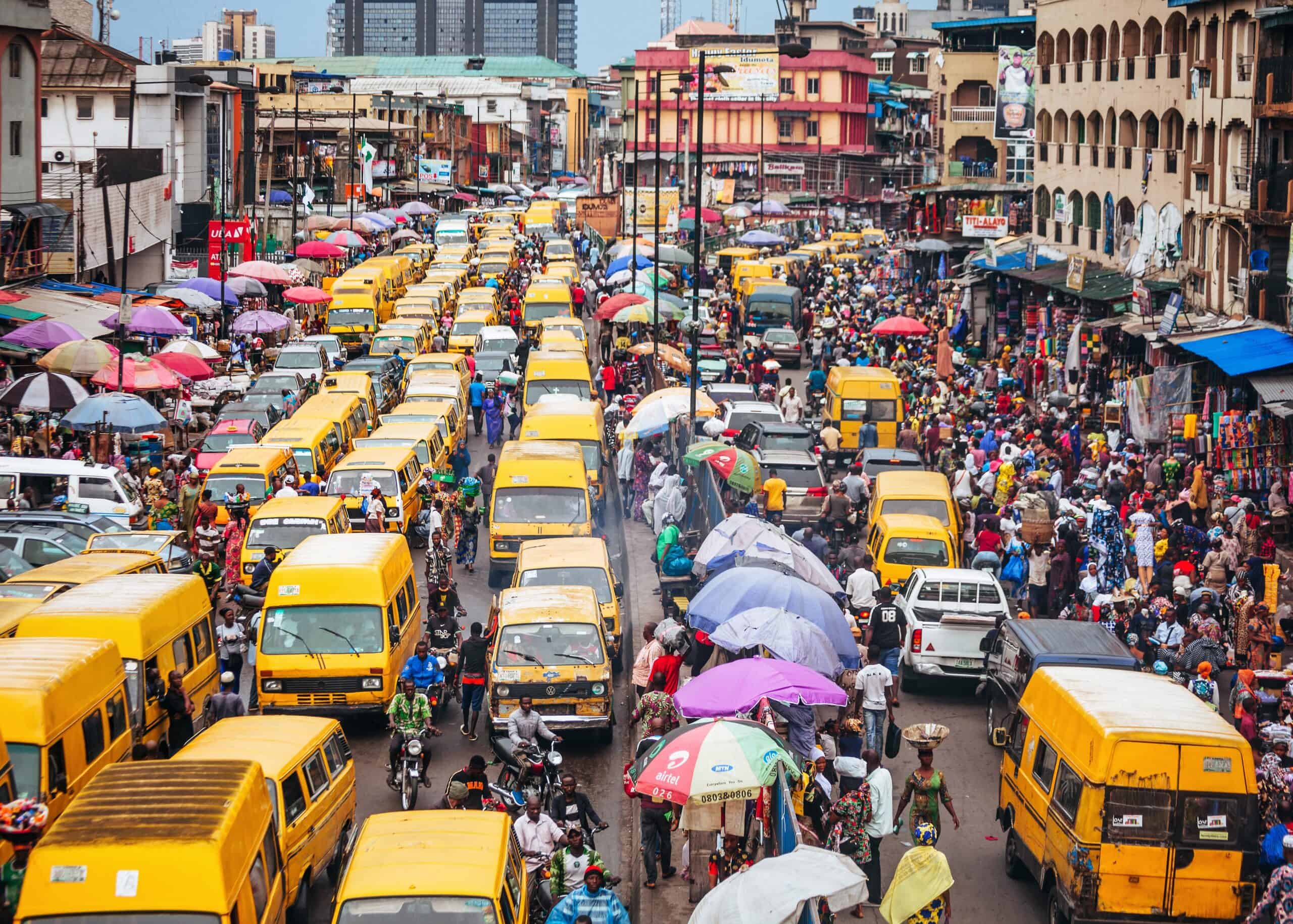
An aspect of globalization that can be damaging is that it drives demand for certain exports that cause imbalances in the country’s economic development. Nigeria has heavily invested in its oil industry and is a major exporter. Volatility in the international oil markets impacts the government’s revenues and contributes to social unrest when the market takes a dip due to events completely outside Nigeria’s control.

Zimbabwe has experienced an economic collapse for a variety of reasons, including a corrupt and mismanaging government. It hasn’t helped that shifts in global markets have disrupted the country’s agricultural sector. Zimbabwe’s own currency has collapsed due to hyperinflation, so the country now uses the American dollar and several other international currencies as media of trade.
Are You Ahead, or Behind on Retirement? (sponsor)
If you’re one of the over 4 Million Americans set to retire this year, you may want to pay attention. Many people have worked their whole lives preparing to retire without ever knowing the answer to the most important question: are you ahead, or behind on your retirement goals?
Don’t make the same mistake. It’s an easy question to answer. A quick conversation with a financial advisor can help you unpack your savings, spending, and goals for your money. With SmartAsset’s free tool, you can connect with vetted financial advisors in minutes.
Why wait? Click here to get started today!
Thank you for reading! Have some feedback for us?
Contact the 24/7 Wall St. editorial team.